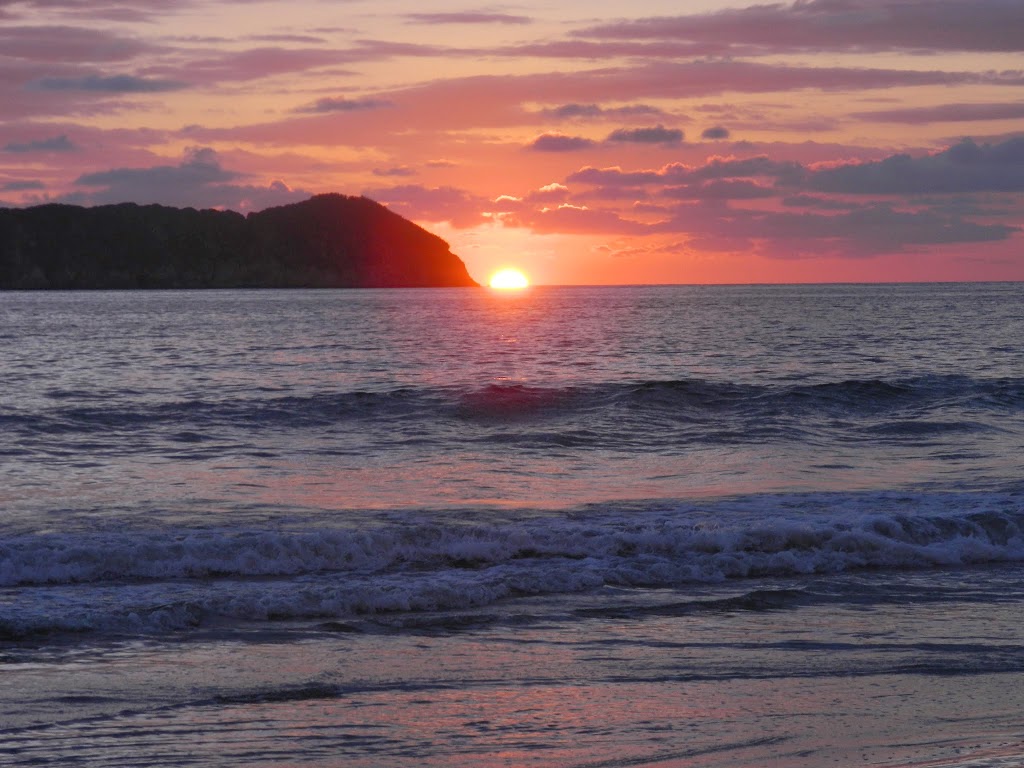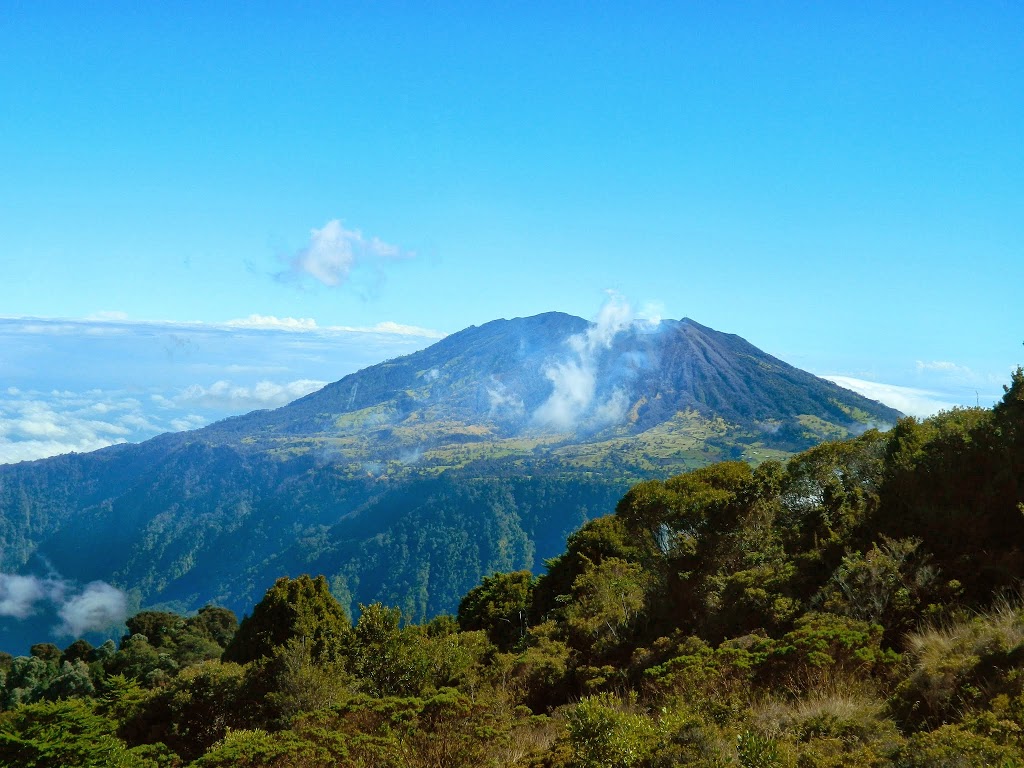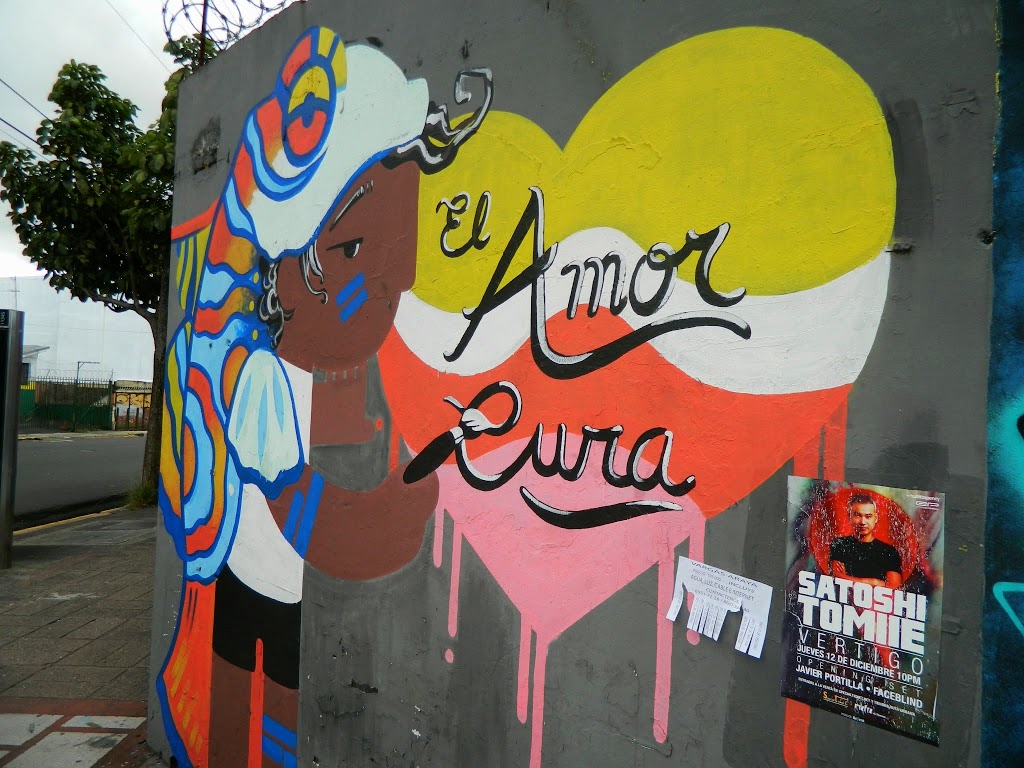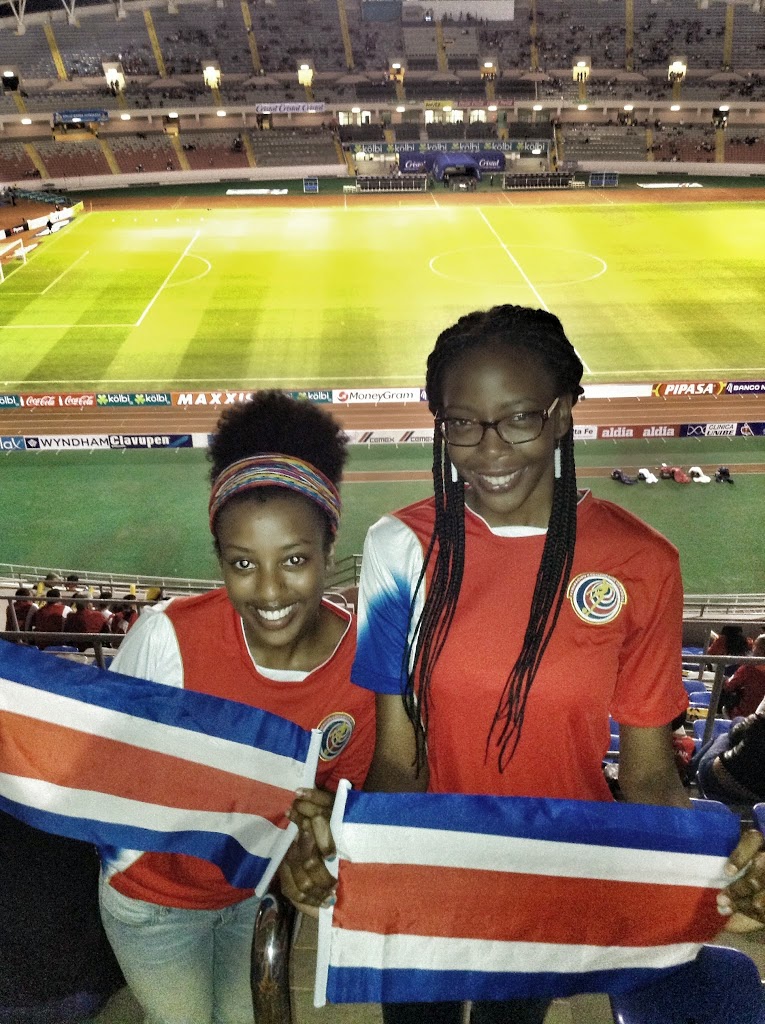 |
| Manuel Antonio |
1. Time: If you’re a punctual person, then you better get ready for "Tico Time," which refers to Ticos being 20+ minutes late for everything (except professional things). Ticos are very patient, go-with-the-flow people and don’t rush, so it’s not considered rude. If you actually show up on time, that would be seen as strange. So basically, if you want to do something with a Tico at, let’s say, 7:00 p.m., you ought to tell them 6:30 p.m. so that they’ll be there “on time.”
 |
| Volcán Irazu |
2. Addresses: The addresses we are used to don’t exist here. What I mean by that is the ‘Calle’ and ‘Avenida’ street signs on every corner aren’t used in addresses - landmarks are. For example, if a house or building is close to the big KFC in Town A, the address would be: Town A, KFC, 100 meters North, 50 meters South, 100 meters East (the numbers vary of course). And don’t worry, the taxistas almost always know where you’re talking about.
3. Friendliness: Ticos are very welcoming people and absolutely hate confrontation. For that reason, they will rarely say no to you.“No Gracias” is something you won’t ever hear from them.
 |
| Downtown San José |
4. Greetings: Greeting each other with a light air kiss to a person’s right cheek is what’s most common. Handshakes – not so much. Hugs? Those are for close family and friends. Whenever a Tico enters any room, they acknowledge and speak (by saying hello, good morning, etc.). They speak when they leave too.
5. Driving: The only time Ticos aren’t patient is when they’re driving. They create their own lanes, use the horn every second and drive super-fast. Pedestrians don’t have the right of way either which means you have to run for your life when you cross the street because they will not stop.
6. Close Proximity: They love it. In the States, we like our own personal space or bubble. However in Costa Rica, they will sit close to you on the bus, walk close to you and stand super close to you when speaking. Don’t be alarmed or move away because that offends them.
 |
| At the last home game against Paraguay! |
7. Fútbol: They love soccer and support their team 100%. Point. Blank. Period.
8. Slang: There are a lot of words used frequently that only Ticos say. Here are a few:
- Mae means “dude”
- ¿Al Chile? means “Foreal?“
- Chunche means “thingamajig” and
- ¡Que torta! means “how awful” which is accompanied by a hand-shaking movement that makes your fingers make a snapping sound.
- Also, they don’t say de nada here but con gusto, which means with pleasure. I’m three months in and I still haven’t broken the de nada habit.
9. Pura Vida: This deserves its own entry because it represents the Costa Rican tranquila (calm) lifestyle. They enjoy each moment and live life to its fullest. The literal translation to English is “Pure Life,” and it is used for almost everything: hello, goodbye, you’re welcome, I’m doing good, etc. Expect to hear this A LOT.
So there it is; nine important things to know before studying in Costa Rica.
¡Pura Vida!







